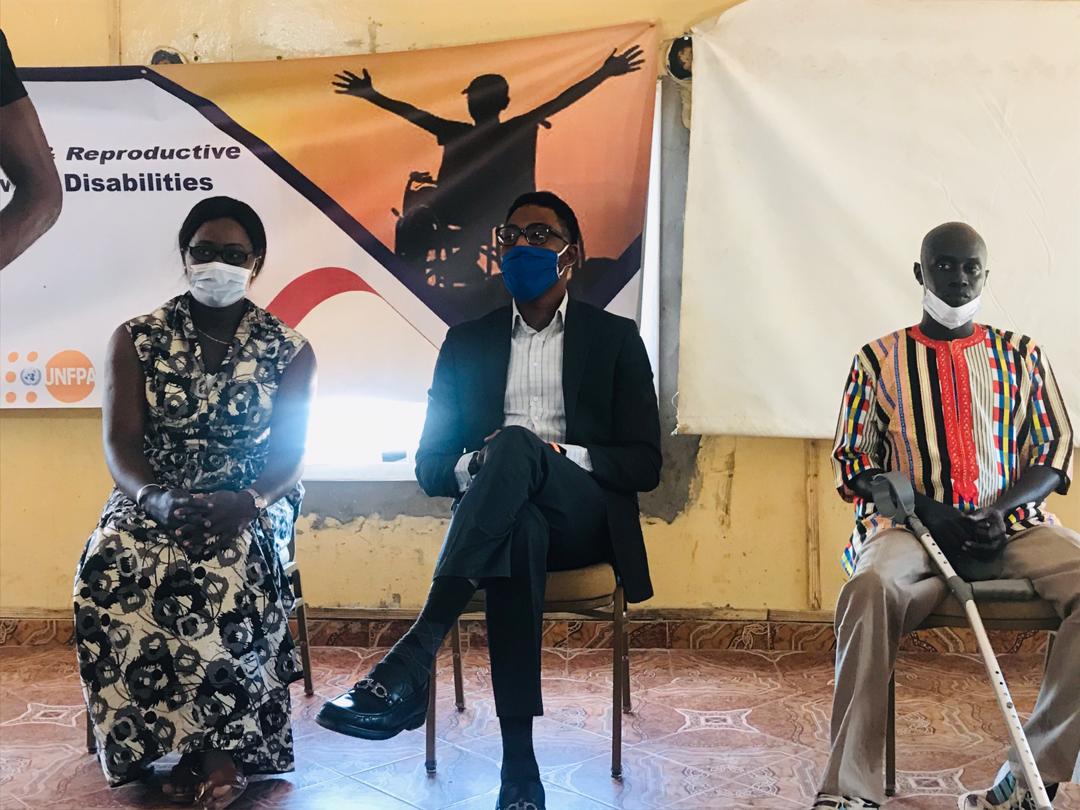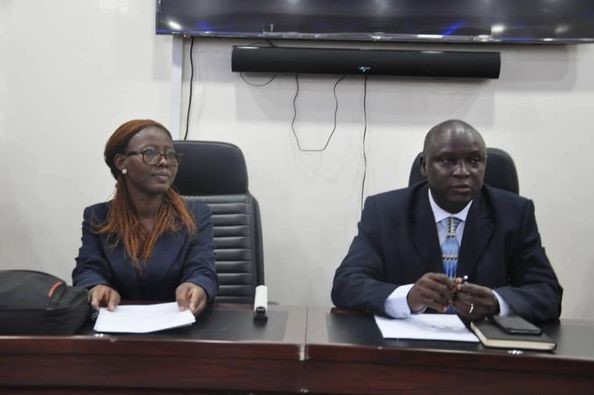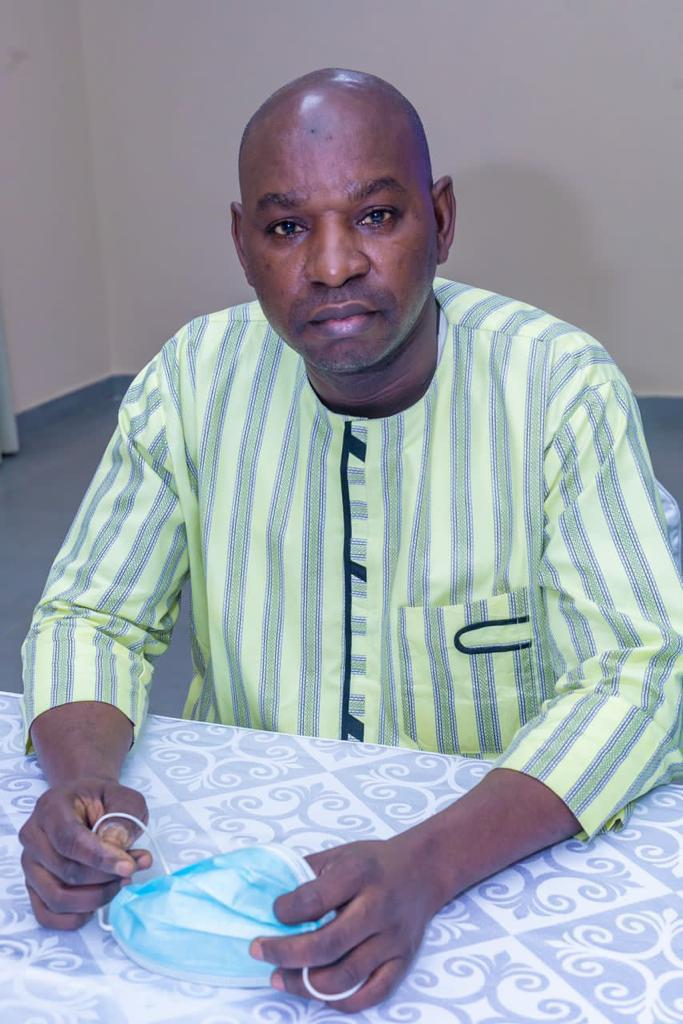By: Mariama Njie
The UN population Fund – UNFPA in collaboration with Fankanta has started four days training for persons with disabilities on sexual and reproductive health issues.
The training is meant to equip the members to better understand physical, hormonal, development from adolescence, managing safe relationships and dealing with abuse related to sexual and reproductive health.
UNFPA Country Representative, Kunle Adeniyi said often times in development planning persons with disabilities are not included.
“UNFPA is targeting person with disabilities because they are a group of people who are so far left behind in the world we have been living for so long without addressing issues about them,” he said.
He added that living with disability might be difficult to access information on sexual and reproductive health which is why UNFPA and Fankanta deemed it necessary to organize training for them.
Mariama Jobarteh, chief executive officer of Fankanta, said her organization advocates for people’s sexual health rights, adding: “we target everybody in the country but we have a particular focus on young people. This is because young people are at a higher risk of sexual reproductive health negative outcome.”
She added: “Persons living with disabilities are no exception they are most vulnerable when it comes to sexual reproduction and health issues.”
She pointed out that people always shy away from sexual health conversations which are a problem and her organization broke the taboo by engaging young people in sexual health conversations.
She went further that this training will help persons with disabilities with reliable information on family planning, maternal health services and their overall sexual reproductive health.
Omar Camara, participant said the training is crucial as many girls and young women with disabilities lack the basic knowledge and supportive requirement to protect them from sexual abuses.
“Adolescent with disabilities faces numerous reproductive health problems, due to lacks of information and our education sector does not recognize sexual and reproductive need and rights of adolescent with people with disabilities,” he added.
However, “It is high time for disable people to take a firm stand and prove to the Gambians that we can do it on our own without dependent. I urge all the stakeholders to change their attitude and perceptions towards disability and avoid sexual harassment against women with disabilities issues.”




